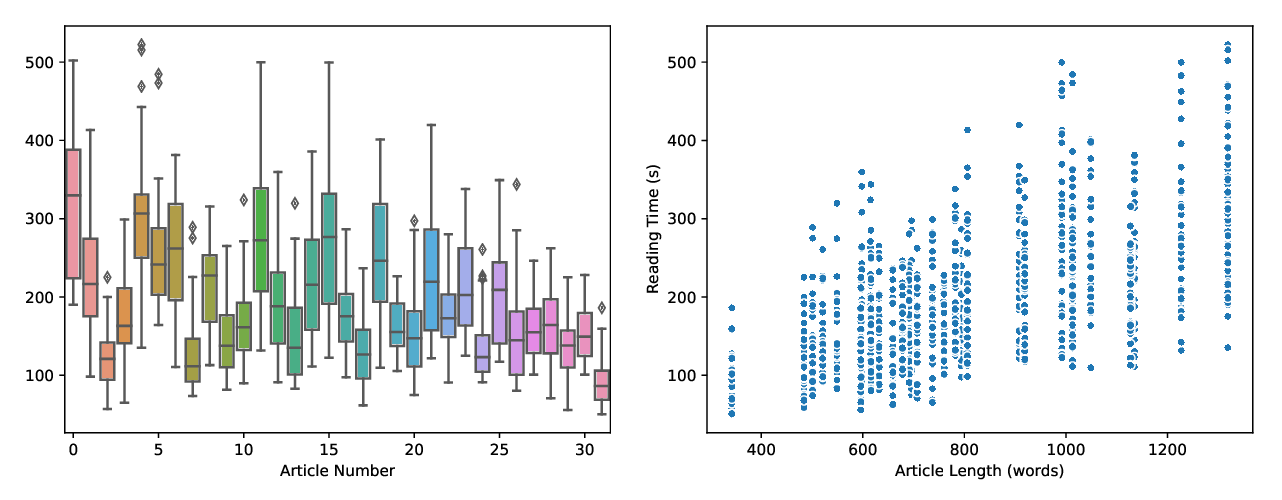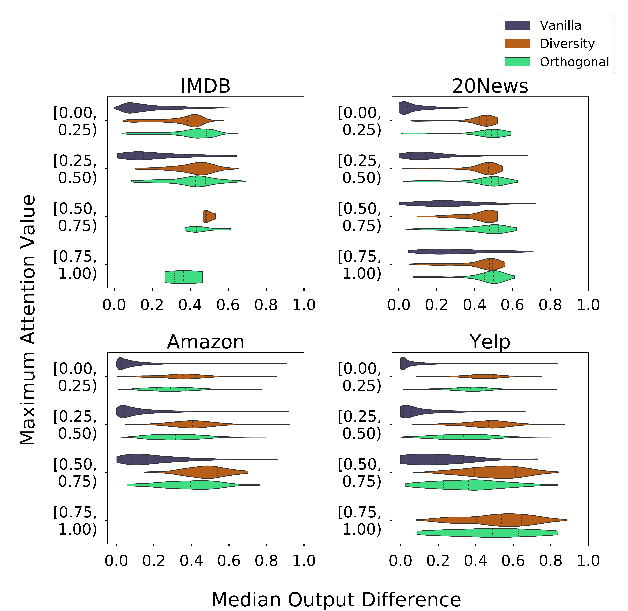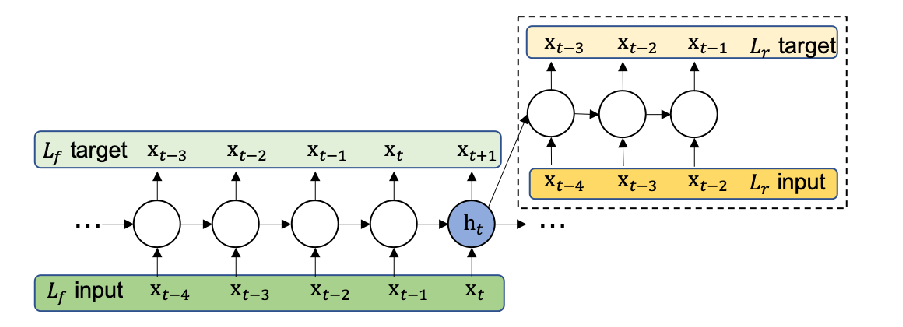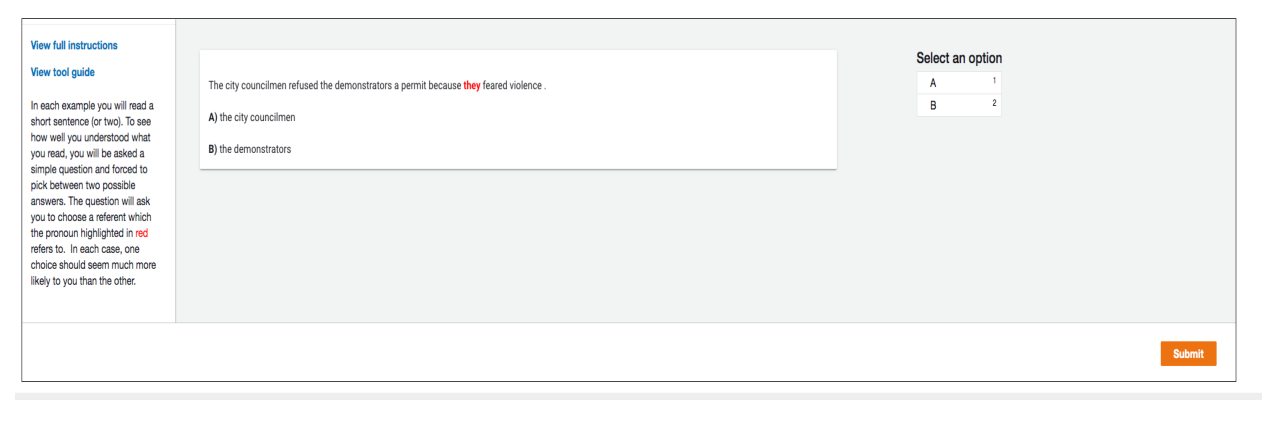Measuring Forecasting Skill from Text
Shi Zong, Alan Ritter, Eduard Hovy
Computational Social Science and Social Media Long Paper
Session 9B: Jul 7
(18:00-19:00 GMT)

Session 10A: Jul 7
(20:00-21:00 GMT)

Abstract:
People vary in their ability to make accurate predictions about the future. Prior studies have shown that some individuals can predict the outcome of future events with consistently better accuracy. This leads to a natural question: what makes some forecasters better than others? In this paper we explore connections between the language people use to describe their predictions and their forecasting skill. Datasets from two different forecasting domains are explored: (1) geopolitical forecasts from Good Judgment Open, an online prediction forum and (2) a corpus of company earnings forecasts made by financial analysts. We present a number of linguistic metrics which are computed over text associated with people's predictions about the future including: uncertainty, readability, and emotion. By studying linguistic factors associated with predictions, we are able to shed some light on the approach taken by skilled forecasters. Furthermore, we demonstrate that it is possible to accurately predict forecasting skill using a model that is based solely on language. This could potentially be useful for identifying accurate predictions or potentially skilled forecasters earlier.
You can open the
pre-recorded video
in a separate window.
NOTE: The SlidesLive video may display a random order of the authors.
The correct author list is shown at the top of this webpage.
Similar Papers
You Don't Have Time to Read This: An Exploration of Document Reading Time Prediction
Orion Weller, Jordan Hildebrandt, Ilya Reznik, Christopher Challis, E. Shannon Tass, Quinn Snell, Kevin Seppi,

Towards Transparent and Explainable Attention Models
Akash Kumar Mohankumar, Preksha Nema, Sharan Narasimhan, Mitesh M. Khapra, Balaji Vasan Srinivasan, Balaraman Ravindran,

Improved Speech Representations with Multi-Target Autoregressive Predictive Coding
Yu-An Chung, James Glass,

The Sensitivity of Language Models and Humans to Winograd Schema Perturbations
Mostafa Abdou, Vinit Ravishankar, Maria Barrett, Yonatan Belinkov, Desmond Elliott, Anders Søgaard,
